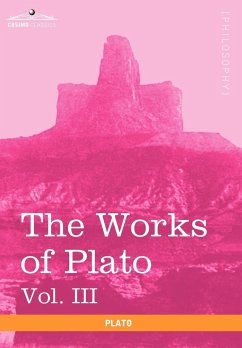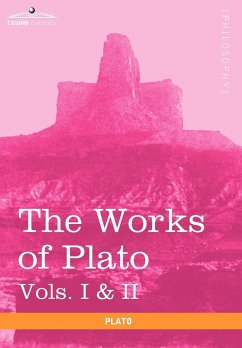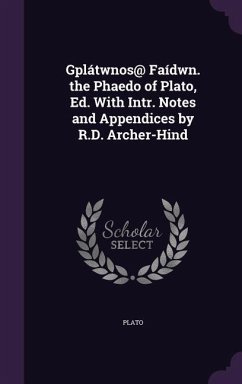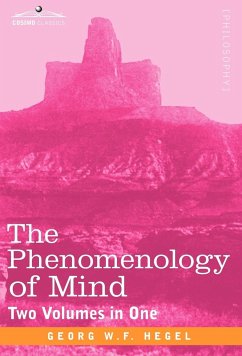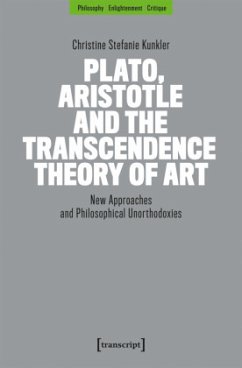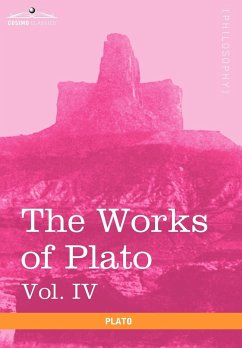
The Works of Plato, Vol. IV (in 4 Volumes)
Charmides, Lysis, Other Dialogues & the Laws
Übersetzer: Jowett, Benjamin
Versandkostenfrei!
Versandfertig in über 4 Wochen
37,99 €
inkl. MwSt.
Weitere Ausgaben:

PAYBACK Punkte
19 °P sammeln!
The Works of Plato: Analysis of Plato & The Republic are original Cosimo editions of a four-volume work, translated and analyzed by Benjamin Jowett. All of the works contained within are also published as separate works, but the four-volume set has added commentary from Jowett, considered one of the best translators of Plato's works. There are three editions in the Cosimo set; Volumes I and II make up the first book, and Volumes III and IV make up the second and third books. This set is ideal for any scholar of Plato and philosophy, whether amateur or seasoned. Volume IV contains works discuss...
The Works of Plato: Analysis of Plato & The Republic are original Cosimo editions of a four-volume work, translated and analyzed by Benjamin Jowett. All of the works contained within are also published as separate works, but the four-volume set has added commentary from Jowett, considered one of the best translators of Plato's works. There are three editions in the Cosimo set; Volumes I and II make up the first book, and Volumes III and IV make up the second and third books. This set is ideal for any scholar of Plato and philosophy, whether amateur or seasoned. Volume IV contains works discussing character and virtues, finishing with Plato's The Laws, a guide on how to properly live as a citizen in any society. Also included in Volume IV: Charmides, Lysis, Laches, Protagoras, Ion, Sophist, and Statesman, among others. One of the greatest Western philosophers who ever lived, Plato (c. 428-347 B.C.) was a student of Socrates and teacher of Aristotle. Plato was greatly influenced by Socrates' teachings, often using him as a character in scripts and plays (Socratic dialogues), which he used to demonstrate philosophical ideas. Plato's dialogues were and still are used to teach a wide range of subjects, including politics, mathematics, rhetoric, logic, and, naturally, philosophy.



